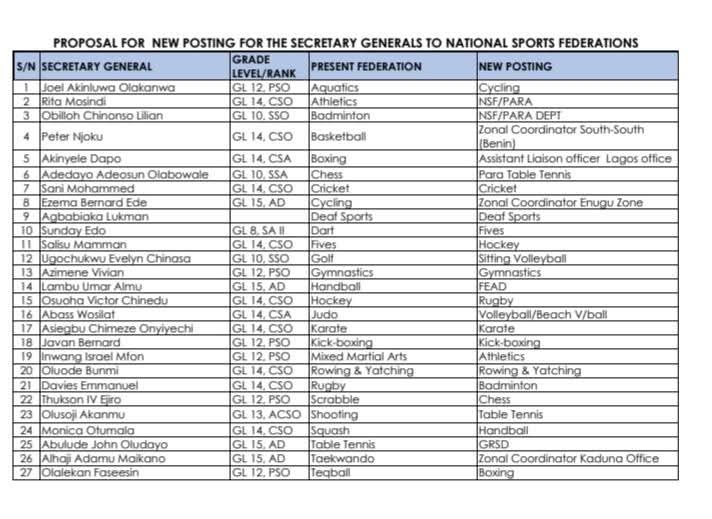Hamburg Olympic plan fuels housing fearBy Javier Carro
The voices of those who remain sceptical about the port city's bid to host future Summer Games are once again being heard loudly, with the political left and the Association of Housing Companies of Northern Germany (VNW) united on one point: concern over rising rents.
Hamburg wants to return to the Olympic stage with a project that aims to combine innovation, citizen participation and sustainability. After its residents rejected the bid for the 2024 Games in a referendum a decade ago, the Senate has now announced that a new vote will be held next May so that voters can decide whether the city should officially submit its candidacy.
"The candidatures of previous decades consisted of rebuilding a city to host the Olympic Games. And we are reversing this principle," Mayor Peter Tschentscher recently declared, emphasising the need to "adapt the Olympic concept to our city." The concept highlighted that 87% of the planned competition venues are existing facilities, temporarily usable or already planned construction projects.
The proposal has an initial budget of €2.2 million, of which €1.25m will be allocated to ongoing administrative activities and €950,000 to personnel expenses to prepare the participation process and develop the concept. It is an investment aimed at avoiding past mistakes and ensuring that citizens are informed and engaged from the outset.
However, not everyone shares this enthusiasm. "For example, rents would rise even more drastically," warned Heike Sudmann, co-chair of Die Linke's parliamentary group in State Parliament, at an event held in July in the historic Kaisersaal of the Town Hall, as reported by Elbe Wochenblatt newspaper, recalling that the 2015 failed bid for Grasbrook was ·the most beautiful moment of my political career."
Sudmann invited French activist Paul Alauzy, spokesperson for the platform 'The Other Side of the Medal', who protested against the 2024 Paris Games. "20,000 people were driven out of the city because they spoiled the beautiful image of the city," denounced Alauzy, who even spoke of 'social cleansing.' Unlike what happened in Paris, where "the Parisian population could not vote on the Olympic plans," Hamburg will submit the decision to a public vote in May 2026. "This is a great opportunity. Please inform yourselves!" urged the activist, calling on citizens to participate.
The criticism is not limited to social impact. Researcher Benjamin Bendrich from the University of Göttingen warned in statements to the same outlet that "the problematic thing about the Olympic Games is that the profits are siphoned off by the International Olympic Committee. All TV revenues, and proceeds from sponsorship contracts are transferred to Switzerland, often with tax privileges attached, and all infrastructure costs that fall on the city must be borne by the city itself." In 2015, then-Mayor Olaf Scholz had estimated that out of total costs of €7.4 billion, Hamburg would have to bear €1.2bn. Bendrich recalled that in Rio de Janeiro "parts of the Olympic Village could not be rented out for years because the prices were far too high," and that in London "a former athlete's flat now costs more than €1m."
From the municipal government, Sports Senator Andy Grote responded that "the Games are what we make of them." In statements to broadcaster NDR, he assured that Hamburg will not need "an entirely new urban development project" and therefore there will be no "displacement and rent increases." He explained that the Olympic village will be located in housing in the Science City of Bahrenfeld, "which would be built even without the Games."
To the warnings from the left are added those from the social housing sector. Andreas Breitner, director of the VNW, stated that "the combination of a modern and sustainable Olympic concept and affordable housing should therefore be the core of Hamburg's Olympic bid." He emphasised that the Hanseatic capital still maintains competitive prices. "The average net cold rent in the Hanseatic city is €8.71 per square metre. Try renting a flat at that price in Munich, Barcelona, Paris or London."
Breitner warned that "if we are threatened with housing in Hamburg becoming unaffordable for people with normal and low incomes, then there will be no Olympics either." He advocated committing now to ensuring that the facilities later become affordable housing. "Summer Olympic Games as a lever for housing construction that could help dispel doubts." The executive recalled that the 2015 bid included “the magic of an Olympic district 'Kleiner Grasbrook'" as a response to the housing problem, and expressed scepticism about the current District by the Volkspark project. "I'm not sure whether this project can unfold that magic."
The VNW represents 464 cooperatives and housing companies in Hamburg, Mecklenburg-Western Pomerania, and Schleswig-Holstein, managing 775,000 homes where around two million people live. The average net rent per square metre in its properties is €6.59. In May, citizens will decide whether the port hub should pursue the Olympic flame. Between promises of development and warnings about its risks, the debate over the city and its rents is shaping up to be the real playing field.
ITG




Comments
Post a Comment